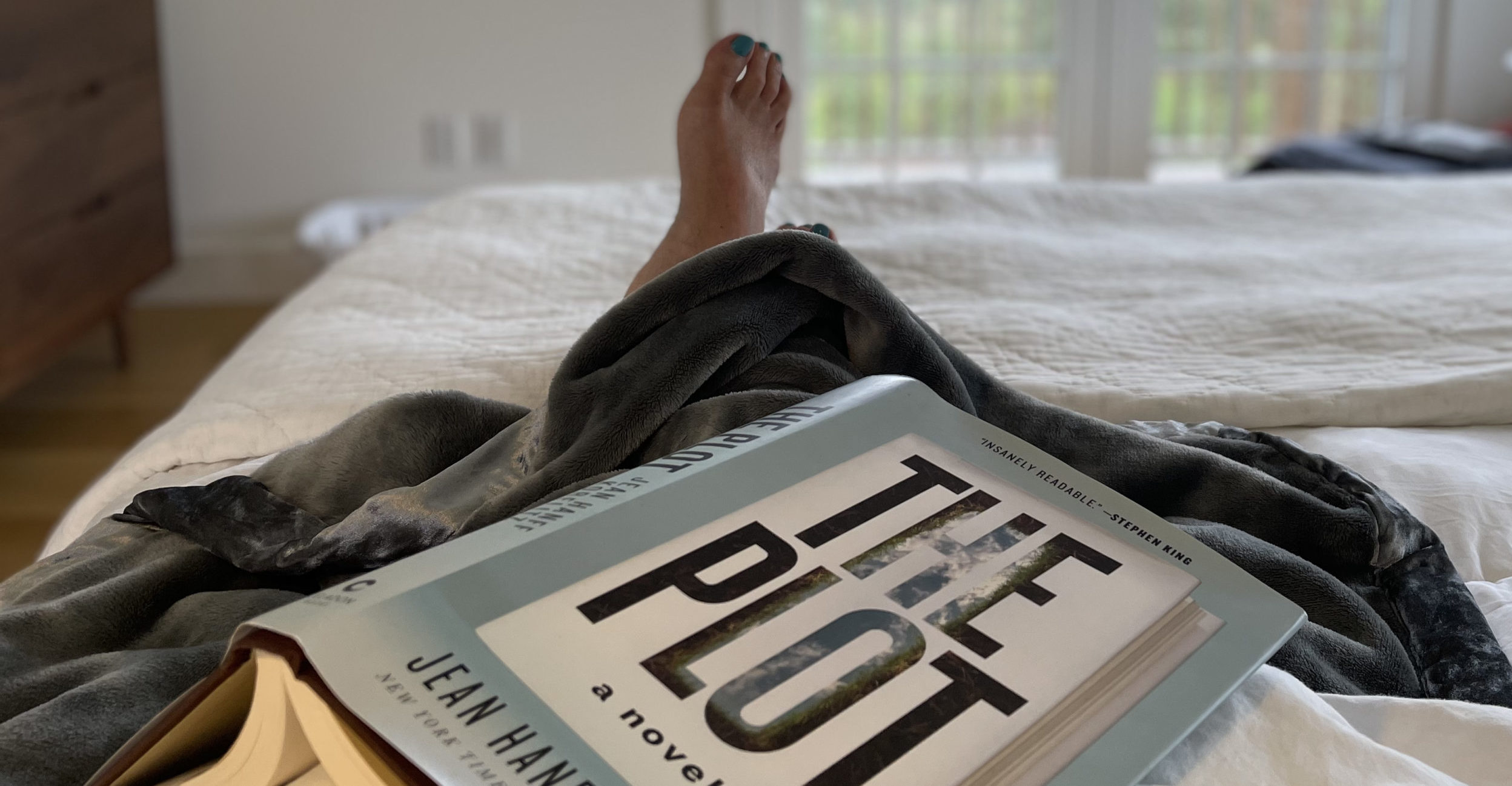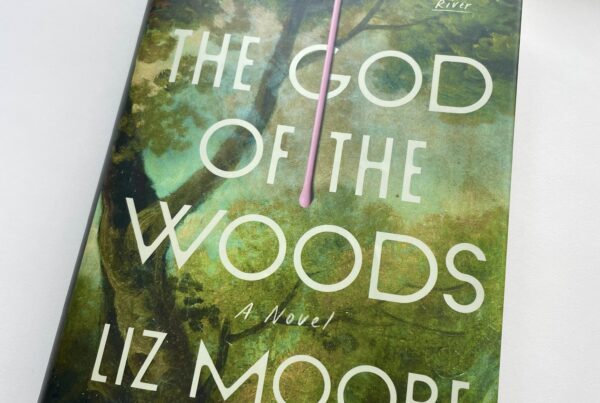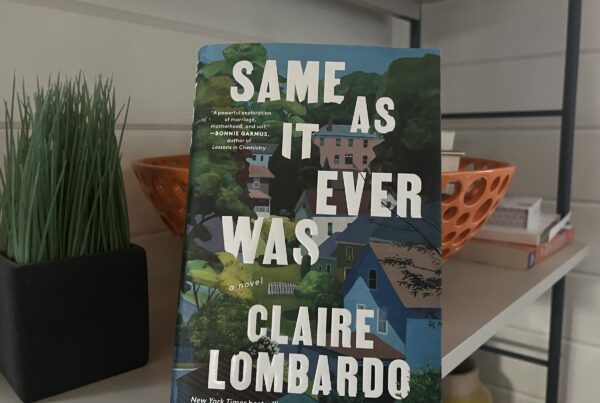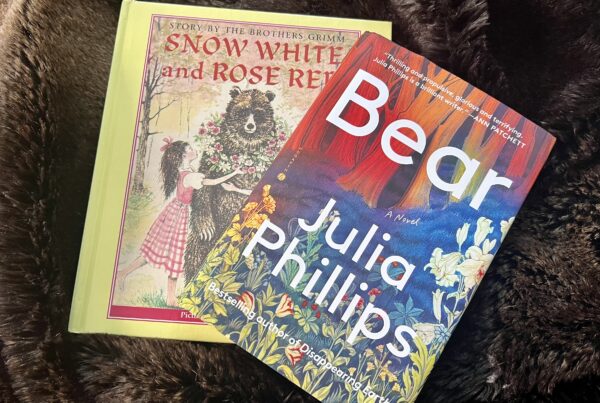I always enjoy novels that poke fun at writing, writers, and writing retreats, all of which Jean Hanff Korelitz’s The Plot deliciously satirizes. Maybe that’s because like so many aspiring writers, I have sat through workshops and conferences wishing for ideas that never fully, or remotely, emerged.
When The Plot begins, once-noteworthy author Jacob Finch Bonner is washed up when he first meets Evan Parker, a distasteful student at the third-rate, low-residency program in the Northeast Kingdom where Jacob teaches. Dripping with unearned hauteur, the would-be-great-American-novelist Parker tells the all-but-failed-American-novelist Bonner that the only thing that matters in writing is plot: “If it’s not a good plot, the best writing isn’t going to help. And if it is, the worst writing isn’t going to hurt it.” Parker brags that he is in possession of a plot so good that he can see it rocketing his mostly-unwritten novel to #1 on every bestseller list.
Parker’s plot is so compelling, in fact, that when Bonner learns of Parker’s death a few years later and subsequently incorporates Parker’s story into his own novel, he assumes the celebrity that Parker predicted. Titled Crib, Bonner’s version of Parker’s story is a global hit, optioned for a Spielberg film, and lauded at bookstores and libraries from sea to shining sea. The book is read and discussed by everyone – including a mysterious internet troll called Talented Tom who does not want Bonner to get credit for a story he didn’t – and never could have – created.
What, you wonder, is the plot of Parker’s plot? Without spoiling it, I can say that it involves many of the usual ingredients: fraught family relationships, strained finances, and dissembling characters. Korelitz’s plot, too, involves familiar elements of the Faustian master plot, complete with a you-don’t-get-something-for-nothing-be-careful-what-you-wish-for-no-such-thing-as-a-free-lunch moral at the end.
The Plot is a quick read, a propulsive mystery, thanks to Korelitz’s masterful plotting and satirical tone. I found myself thinking about surprisingly meta questions concerning authorship and creativity; for example, if someone tells you a great story and you write it down after they dies, are you doing something wrong? Also, what exactly is good writing, not to mention great writing? Most interesting, perhaps, is the question of how we should assess Koriltz’s writing. She is, after all, the creator of The Plot. Finally, is it true that plot is the only thing that really matters in a story?
So many questions! I can answer the last one, I think: the writing is what matters most. A story’s value is in its telling and the pleasure taken in both the writing and the reading. In the end I enjoyed The Plot not so much for the twists and turns of the plot, which I figured out pretty quickly, but for its careful attention to the pathology of writing and writers.




